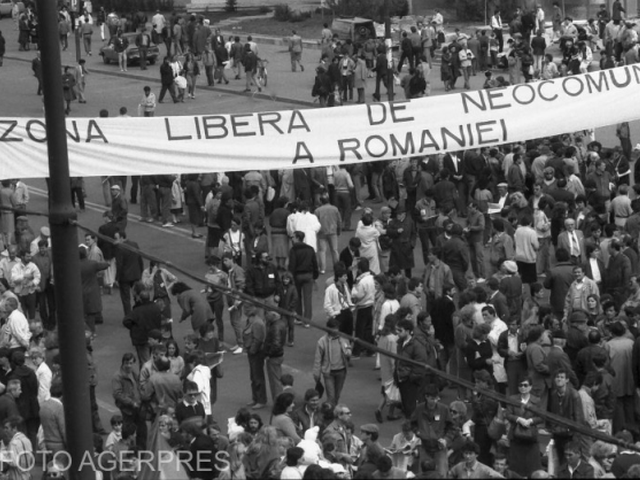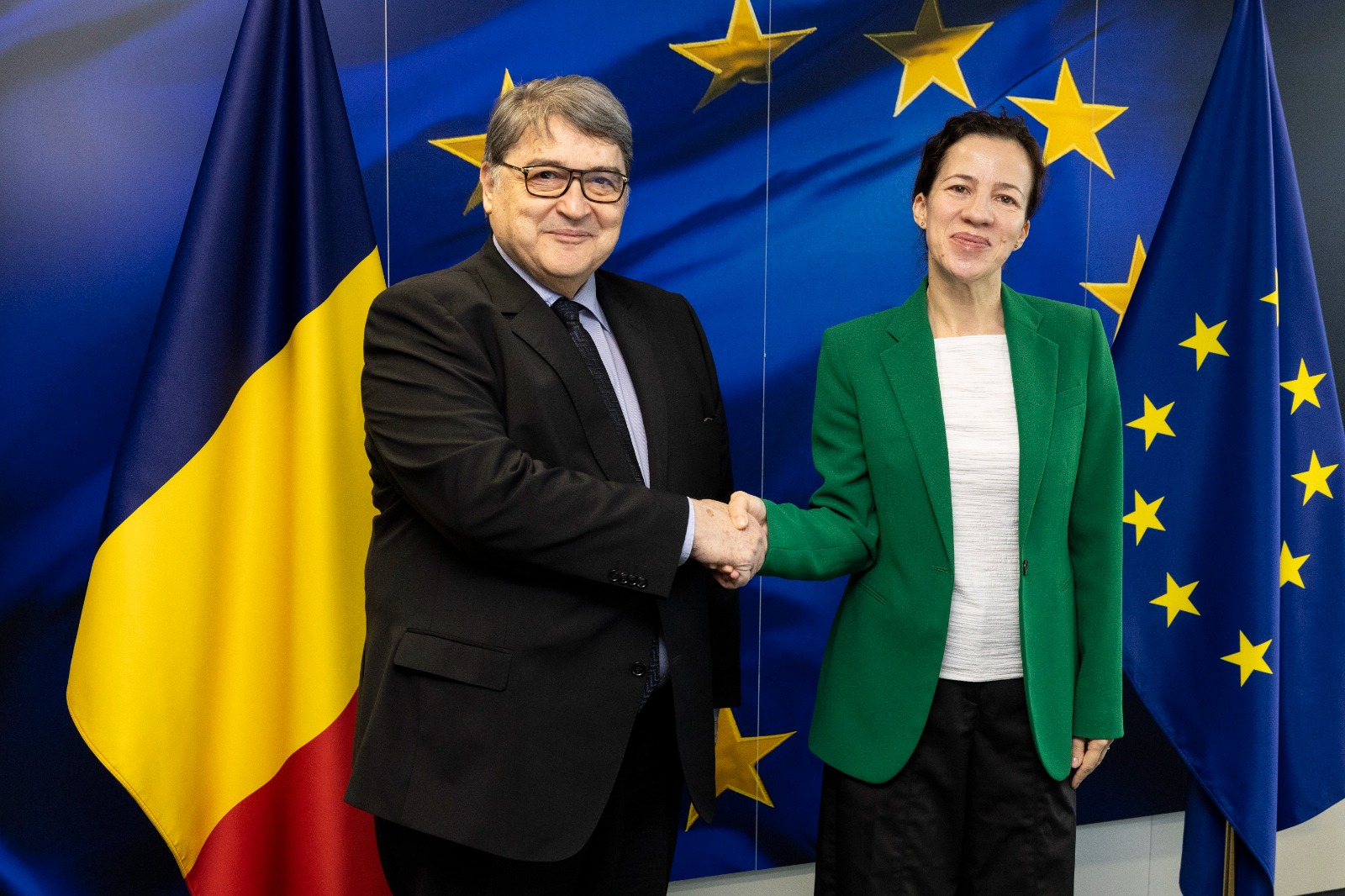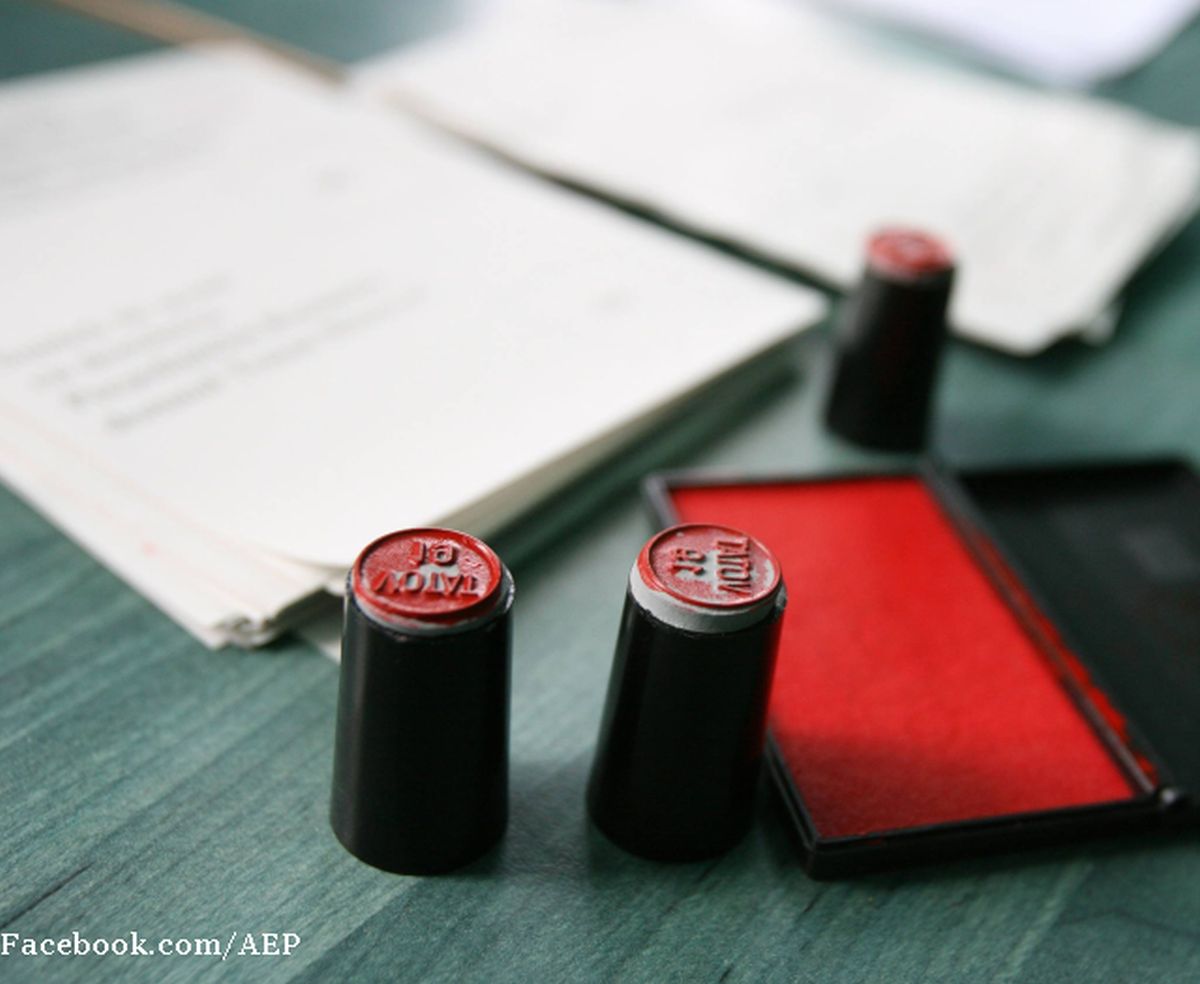30 years since the events in University Square
30 years ago, after the fall of communism, Romania was facing social unrest in its transition to democracy

Eugen Coroianu, 23.04.2020, 13:50
These days
public gatherings are forbidden due to the coronavirus pandemic, but Romanians
still remember the University Square phenomenon. It happened 30 years ago in
Bucharest, months after the anti-communist revolution of 1989. The phenomenon
would forever mark Romanian society, becoming a milestone in anti-communist
resistance. Misunderstood at the time by a society that had been for decades
struggling with totalitarianism, the phenomenon produced a major social rift,
which, despite the change of perception over the years, is still present to
date. On April 22, 1990, thousands of people disgruntled with the political
developments in the country gathered in University Square in central Bucharest
and declared it the first area free of neo-communism.
The protest was
targeting Ion Iliescu and other officials of the Romanian Communist Party who had
taken power in their grip after the revolution. A few dozen people completely
blocked the square, and the movement rapidly gained momentum after Ion Iliescu
labeled participants as hooligans. Backed by right-wing parties, the movement
started in the election campaign for the first free elections in Romania, and
lasted 53 days. It was violently repressed by a raid of miners brought over
from a coal-mining site in southern Romania. The action was called a raid and
sparked harsh criticism from Western powers and part of civil society. Ion
Iliescu and the new leftist party that won the election were accused of having called
and instigated the miners to attack protesters, who continued to voice their
discontent on a much lower scale. The accusations have been denied to this day.
Emil Constantinescu, a former professor at University of Bucharest, located in
University Square, today labels the University Square phenomenon as a school
of democracy. Constantinescu, who became Romania’s President in 1996, claims
the lawmakers at the time feared the power of truth and the people might gain
hope and start believing in ideals. Emil Constantinescu says the events of
April, 1990 contributed to our Euro-Atlantic path, Romania 30 years on being a
member of both the EU and NATO, part of the family of consolidated democracies.
We are facing other types of difficulties, challenges and uncertainty, a lot of
social division and a new wave of hatred that has migrated from the street to
social media, the former President also warns. Rediscovering these moments of light
in the darkness could help us defeat not just those viruses that infect our
bodies, but also those that stain our minds, thus helping us understand that
only together will we overcome adversities, Emil Constantinescu concluded.
(Translated
by V. Palcu)






























